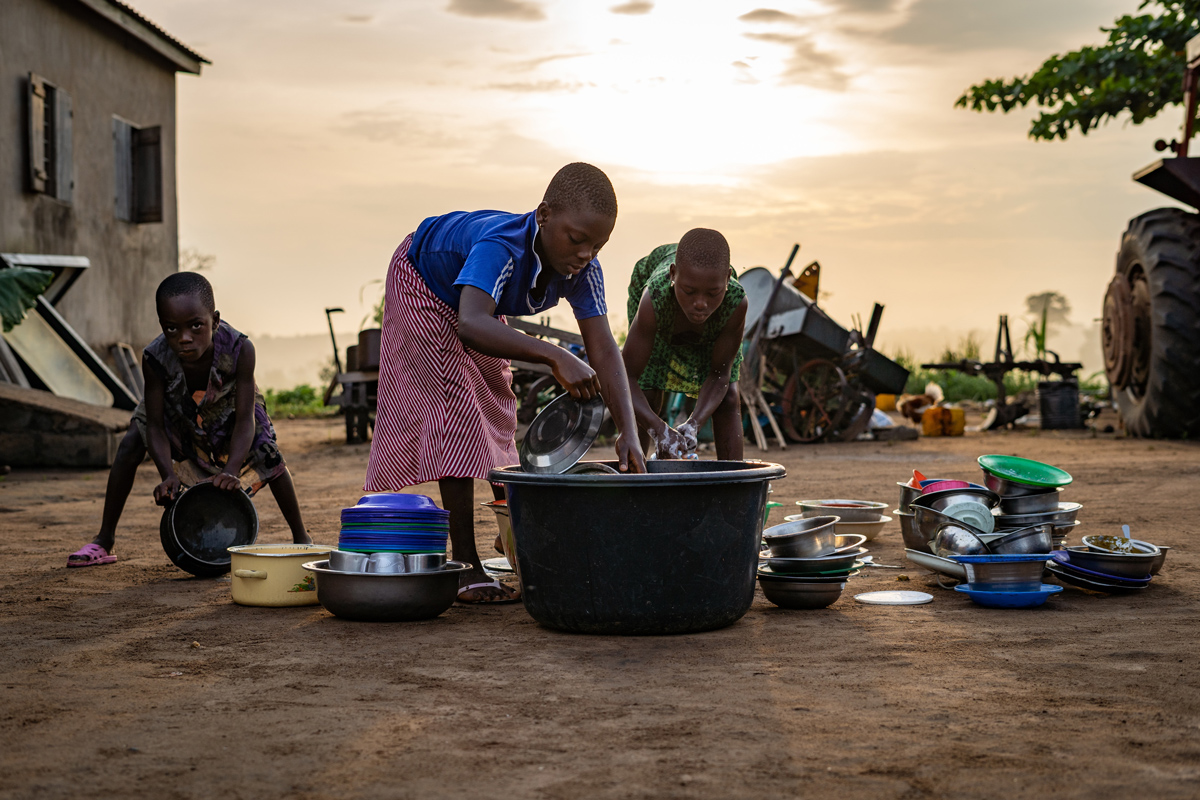
COVID-19 has highlighted the importance of children having daily access to nutritious foods not just because it’s good for them, but because it can decrease their chances of contracting the virus and falling detrimentally ill. In the article, Cities investing in healthy and sustainable food environments for all children, the authors highlight some disparaging figures surrounding children’s health. 38 million children go hungry every day while the world’s farmers produce enough food to feed the world’s population 1.5x over, and many of these children reside in urban communities. It is time for our governments and urban communities to work towards having more equitable food security within our cities. Amidst the COVID-19 pandemic, there has been a tremendous increase in families not being able to afford food, let alone nutritious food. And in places where food banks operate, they have not been able to keep up with the growing demand.
Food insecurity for children is of great concern because it is directly tied to their development and can influence their health and well-being at pivotal points in their lives. These deficits can show up in their mental health, as chronic diseases, and even in their ability to fight everyday illnesses. The most marginalized communities are more prone to face food insecurity. Hence, they are lacking consistent access to food for a healthy diet and active lifestyles.
As cities rethink urban planning, they must ask themselves: how do we change the current reality? How do we ensure equitable and healthy food security for everyone, including families with children? Is the solution to have community-operated gardens in every neighborhood? Gardens which everyone devotes time to help upkeep?
There must be some serious thought put into how we change the landscape of cities to include spaces for growing healthy foods that all children and their families can bring home without stressing over the cost or access. Every human has the right to healthy food, and they should not feel ashamed in obtaining what is best for themselves and their children.
